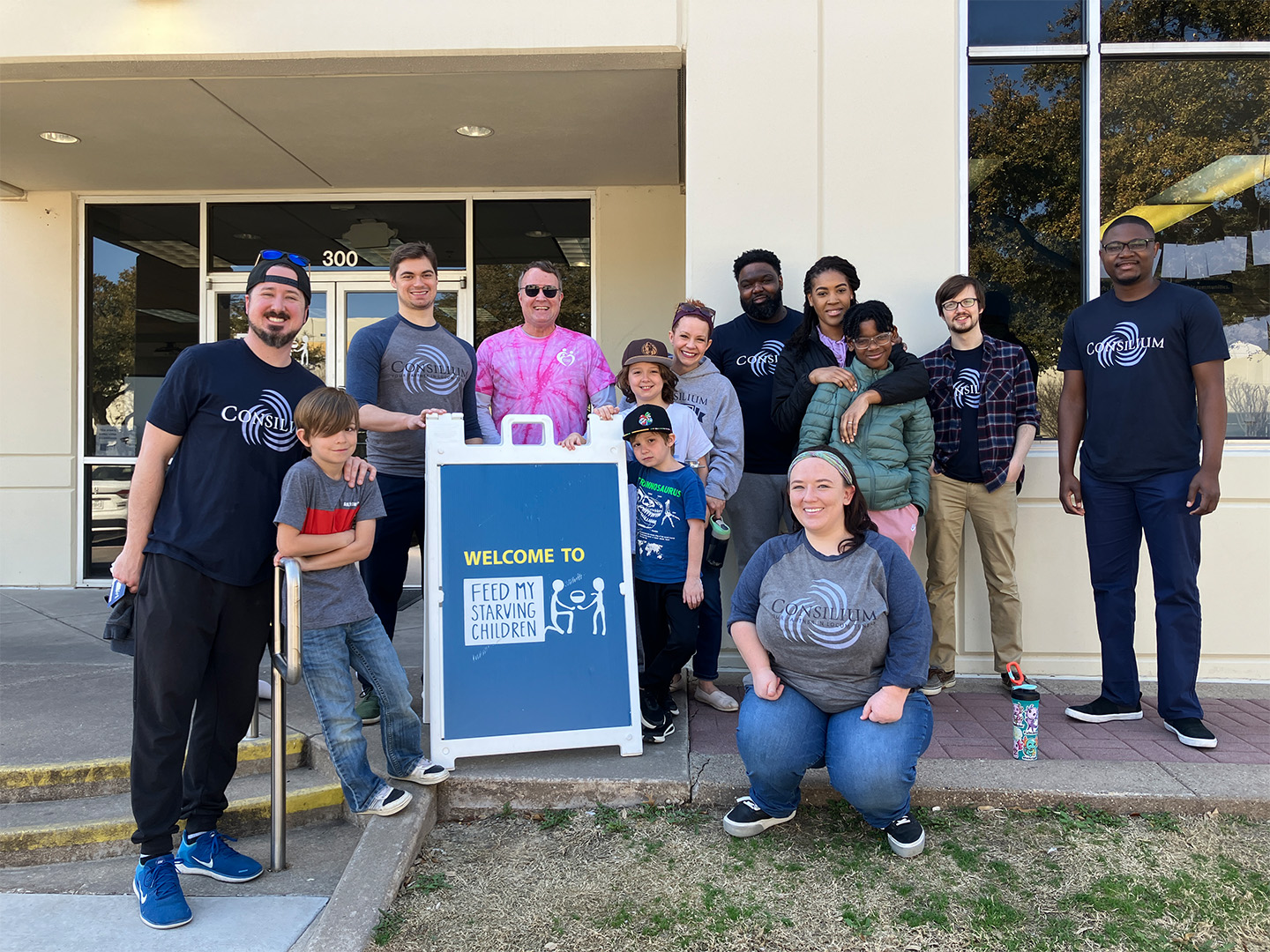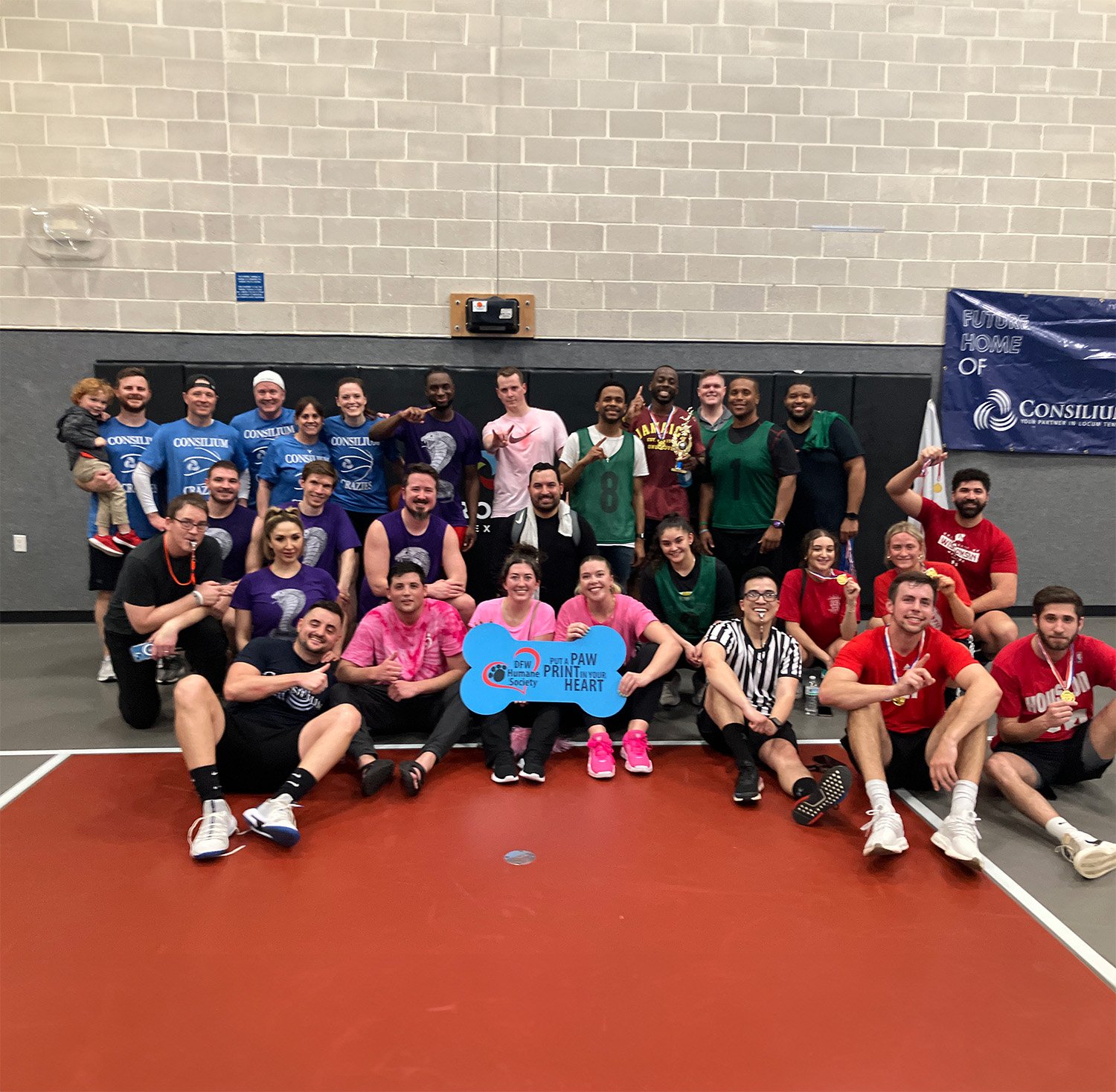Locum tenens recruiters have long understood that who you are influences the contract assignments you should take.
When the pandemic forced us to transition to a remote work world, it became clear that personality would have a strong influence on how well individuals handed the change. Would a shy person feel a greater sense of security presenting from the comfort of computer during a Zoom call rather than in person? Would someone who’s easily distracted be able to work effectively without a supervisor standing by? Could an executive delegate efficiently through new online channels?
To answer these questions and more, some employers turned to personality tests to help understand their employees, and thus understand how to best navigate the shift.
But in the world of locum tenens, understanding personality to determine the best work outcomes hasn’t gained a renewed focus. This is because aligning a provider with the right job has always taken personality into consideration. It’s the way the best recruiters in the locums profession do their jobs every day.
Personality Tests
Many businesses across industries use personality tests to help determine who to hire, how to build teams, and the best ways to communicate with individual employees. Our firm uses a personality assessment tool called DiSC Profiles for internal hiring, but perhaps the best known test for assessment is the Myers-Briggs Type Indicator, which uses an individual’s responses to categorize them into one of 16 personality types. Understanding your personality type can help you make sense of how you digest information, handle tasks, and communicate. The Fast Company article, “A Practical Guide To Working Remotely with all 16 Personality Types,” does a great job outlining the connection between personality types and remote work success.
For example, the article says that if you’re a INFJ, which stands for Insightful Visionary, then it’s quite likely you’ll keep your camera off and avoid speaking much during a Zoom call, preferring to send private messages. However, if you’re a EFSP, or Enthusiastic Improviser, the spotlight is your friend and you’re happy to have your face show up on computer screens around the company.
While this information proves valuable in our changing work environment, the locum tenens industry has had the personality-performance link figured out for quite some time. Success in locum tenens requires that recruiters have a strong understanding of each provider’s personality so they can be placed in the right assignment. The right fit ensures job satisfaction and mitigates stress and burnout. In fact, just knowing with certainty that a provider actually has the constitution for locum tenens work – welcomes change, likes to move around, enjoys variety, can step in easily etc. — is vital to success.
Getting To Know You
To know the providers they represent, recruiters spend time conducting background research, interviews, and conversations. This process enables the recruiter to more comprehensively and confidently present job opportunities that have the best chance of working out. After all, understanding that provider values autonomy may be a strong indicator that they’d be happy working in a rural facility as opposed to a bustling metro hospital. Conversely, knowing that an advanced practice practitioner has a busy family life can help a recruiter prioritize shorter-term assignment opportunities.
“We are in the business of building relationships,” explained John Moberly, Vice President of Recruiting/Partner at Consilium, “Knowing your provider’s personality reflects just how important their relationship is to you.”
Understanding personalities is critical to successful locum placements in both the short- and long-term. When a provider is happy and satisfied with their work, they’ll likely continue their very important responsibility of delivering the highest standards of patient care.




